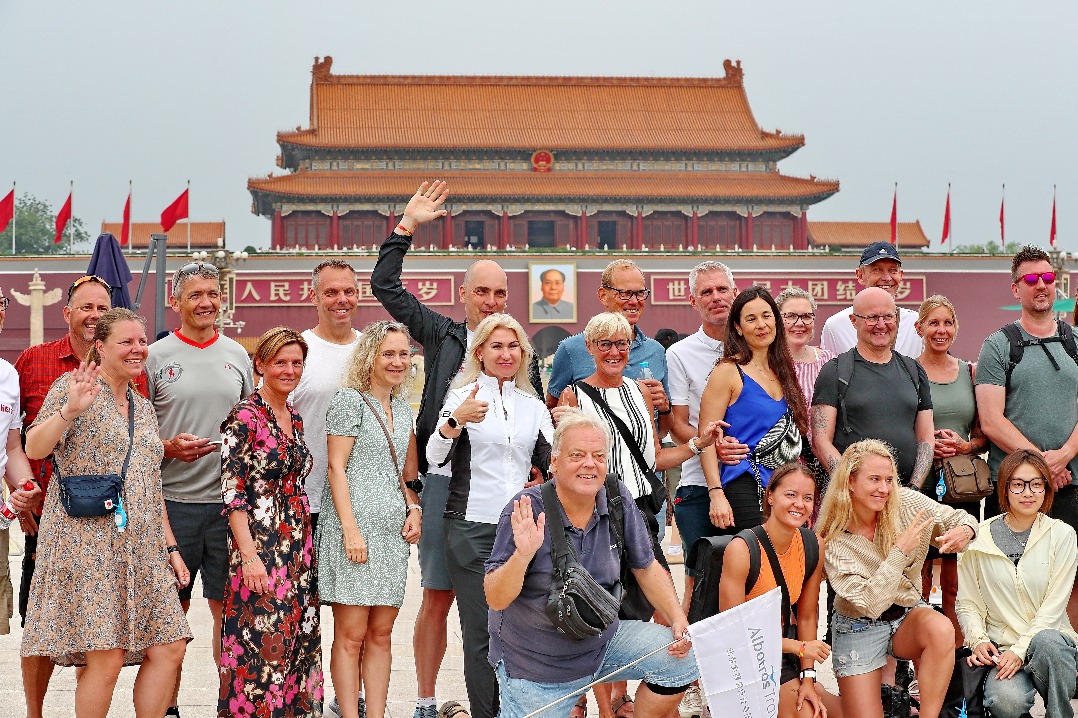Key projects launched as part of Belt and Road Initiative
By WANG XIAODONG in Nairobi, Kenya | China Daily | Updated: 2022-10-21 07:09

Major hub
In the small nation of Djibouti, situated on the Horn of Africa where the Red Sea meets the Gulf of Aden, a number of projects have been implemented in cooperation with China in recent years, helping transform the country into a key hub for trade, transportation and logistics in Africa.
Djibouti International Free Trade Zone, jointly run by the Djibouti Ports and Free Zones Authority and Chinese enterprises including Merchants Group, opened in 2018, and has attracted more than 200 companies. The facility is on its way to becoming the biggest free trade zone in Africa.
Ports play a predominant role in Djibouti's economy, accounting for more than 70 percent of its GDP. Ethiopia, its landlocked neighbor, and other countries rely heavily on Djibouti for imports and exports.
Aboubaker Hadi, chairman of the Djibouti Ports and Free Zones Authority, said the zone has significantly improved the nation's status as an important transportation hub in Africa and globally.
"We have good relations with Chinese companies, as partners and investors. We are co-financing several projects in the country, including ports, railways and free trade zones," he said. "We are achieving very good productivity all over Africa. The World Bank has ranked Djibouti 19th among container ports in the world, and first in sub-Saharan Africa."
Hu Bin, the Chinese ambassador to Djibouti, said free trade zones promote the development of value-added industries and diversify industrial development, which is why the government in Djibouti regards the zone as an extremely important platform to promote the transformation of the nation's economy.
The free trade zone has also brought business opportunities to entrepreneurs from countries in the region.
Deliah Nalukwago, a coffee producer from Uganda, said she is considering exporting coffee and related products to China via the zone.
Exporting products requires completion of numerous procedures, such as taxation, complying with logistics requirements, and conducting quality assessments, which has deterred her from turning her plans into action.
"If the free trade zone can facilitate all these, I think it will help Chinese suppliers reach the African market. It could also help African suppliers reach the Chinese market," Nalukwago said.
























